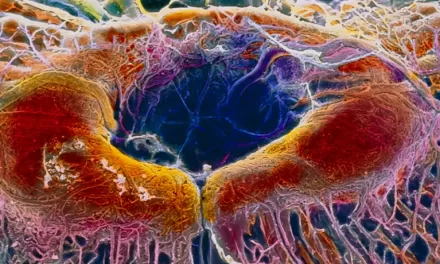As the world prepares to commemorate World Health Day on April 7 under the theme ‘My Health, My Right’, health experts underscore the critical role of the government’s ‘One Health’ approach in predicting and preventing future zoonotic disease outbreaks.
Dr. Rohit Garg, a consultant in infectious diseases at Amrita Hospital Faridabad, emphasized the significance of the ‘One Health’ approach, which recognizes the interconnectedness of human, animal, and environmental health. He stressed that this approach is essential for anticipating and mitigating the risk of future zoonotic diseases.
Reflecting on India’s response to recent outbreaks such as the Covid-19 pandemic and the Nipah virus, experts noted the country’s evolving capacity to manage infectious diseases effectively. Gautam Menon, Dean of Research and Professor of Physics and Biology at Ashoka University, highlighted the lessons learned from each event, which have contributed to enhancing the nation’s preparedness for future pandemics, including the hypothetical Disease X.
“India’s response to recent disease outbreaks has been moulded by our experience with Covid-19. Recent moves to expand the existing network of biosafety-level 3 and 4 laboratories, to expand surveillance for respiratory viruses, invest in diagnostic infrastructure, and formulate a One Health approach towards emerging diseases are welcome and important steps towards tackling such challenges,” Menon stated.
During the Covid-19 pandemic, India implemented significant measures including ramping up testing facilities, expanding healthcare infrastructure, contact tracing, and rolling out one of the largest vaccination drives globally. Dr. Rohit highlighted the country’s ability to mobilize vast resources and innovate under pressure, exemplified by the development of indigenous vaccine Covaxin alongside the deployment of other vaccines.
Similarly, during Nipah virus outbreaks, India swiftly mobilized rapid response teams, enhanced surveillance, and implemented containment measures, showcasing its commitment to tackling emerging infectious diseases effectively.
Anurag Agrawal, Dean of Biosciences and Health Research at Trivedi School of Biosciences, Ashoka University, noted the transformation in India’s capacity for pathogen surveillance and pandemic prevention post-pandemic. He emphasized the infrastructural improvements and the establishment of better-defined roles for existing organizations, along with the creation of new multi-stakeholder institutions, particularly in the realm of ‘One Health’.
As the world grapples with the ongoing and potential future health challenges, experts stress the importance of adopting a comprehensive approach that encompasses human, animal, and environmental health to safeguard public health and prevent future disease outbreaks.











